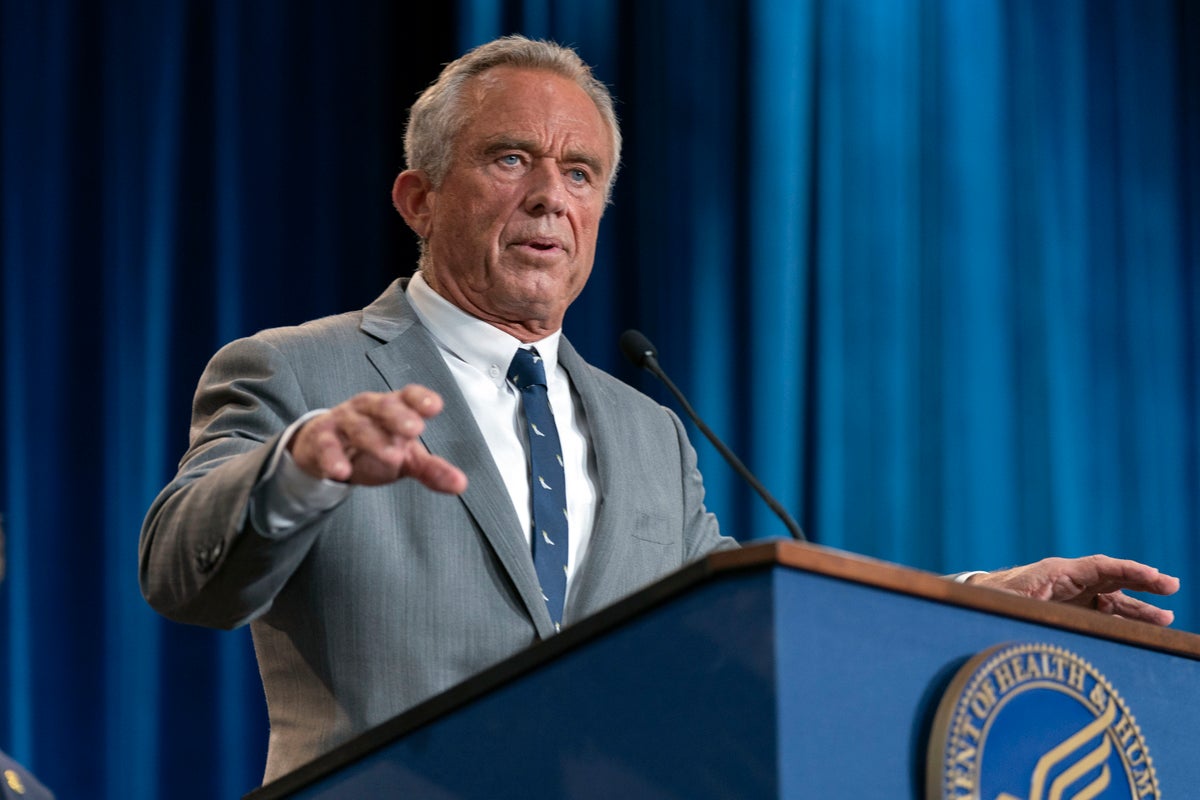RFK Jr’s Controversial Autism Claims: A Stark Comparison to COVID-19
Robert F. Kennedy Jr. has reignited controversy by asserting that autism presents a greater public health threat than COVID-19, particularly emphasizing the virus’s disproportionate impact on elderly populations. The environmental activist and vaccine skeptic made these remarks during a recent interview, drawing sharp criticism from medical experts while emboldening anti-vaccination advocates. His comparison raises complex questions about risk perception, disability stigma, and pandemic response priorities.
The Context of Kennedy’s Comparison
Kennedy’s latest comments mark a continuation of his decades-long skepticism toward vaccines and public health policies. During a podcast appearance last week, he argued: “While COVID-19 primarily endangered those over 65, autism spectrum disorder affects children for their entire lifetimes, creating what I believe is a more profound societal challenge.” He cited no specific data to support this comparative risk assessment.
Public health experts quickly challenged the framing. Dr. Alison Baker, a pediatric neurologist at Johns Hopkins University, countered: “Comparing a neurodevelopmental condition to an acute infectious disease represents a fundamental category error. It’s like asking whether diabetes is ‘worse’ than influenza—they require completely different prevention strategies and societal responses.”
Examining the Data Behind Both Conditions
Available statistics reveal starkly different impacts:
- COVID-19: Caused over 1.1 million U.S. deaths as of 2023, with 75% occurring among those aged 65+ (CDC data)
- Autism Spectrum Disorder: Affects 1 in 36 U.S. children according to 2023 CDC estimates, with widely varying support needs
Kennedy’s argument appears to conflate prevalence with mortality risk. While autism diagnoses have risen significantly since the 1990s—a trend many experts attribute to broadening diagnostic criteria—COVID-19 caused measurable excess mortality across global populations.
Scientific Consensus on Autism Causes
The controversy touches on one of Kennedy’s most persistent claims: an alleged link between vaccines and autism. This theory, originally proposed in a since-retracted 1998 study, has been thoroughly debunked by:
- Over 25 large-scale epidemiological studies
- A 2004 Institute of Medicine review
- Multiple international research collaborations
Dr. Haruto Watanabe, an epidemiologist specializing in neurodevelopmental disorders, notes: “The scientific community has moved far beyond these debates. Current research focuses on genetic factors, environmental influences like parental age, and early intervention strategies—not the false vaccine connection that keeps resurfacing in political discourse.”
Public Health Implications of the Debate
Kennedy’s comments arrive amid concerning vaccination rate declines. CDC data shows kindergarten MMR vaccination coverage dropped to 93% in 2022-23, below the 95% threshold needed for herd immunity. Some states report rates under 90%, risking measles outbreaks.
Disability advocates argue the discussion fundamentally misrepresents autism. Sarah Chen, executive director of the Autism Self-Advocacy Network, states: “Portraying autism as a ‘threat’ rather than a form of human diversity perpetuates harmful stereotypes. The real public health priority should be ensuring appropriate services and inclusion across lifespans.”
Political Dimensions and Future Outlook
As Kennedy explores a potential independent presidential run, his rhetoric appears calculated to mobilize anti-establishment voters. Political analysts note his messaging combines:
- Distrust of pharmaceutical companies
- Skepticism toward mainstream science
- Populist critiques of public health agencies
Looking ahead, the controversy highlights enduring challenges in science communication. With trust in institutions declining, experts emphasize the need for clearer messaging about both autism acceptance and evidence-based pandemic preparedness.
For readers seeking balanced information, the CDC offers comprehensive autism resources and COVID-19 updates grounded in peer-reviewed research. As this debate continues, separating empirical evidence from rhetorical comparisons remains crucial for informed public discourse.
See more WebMD Network



